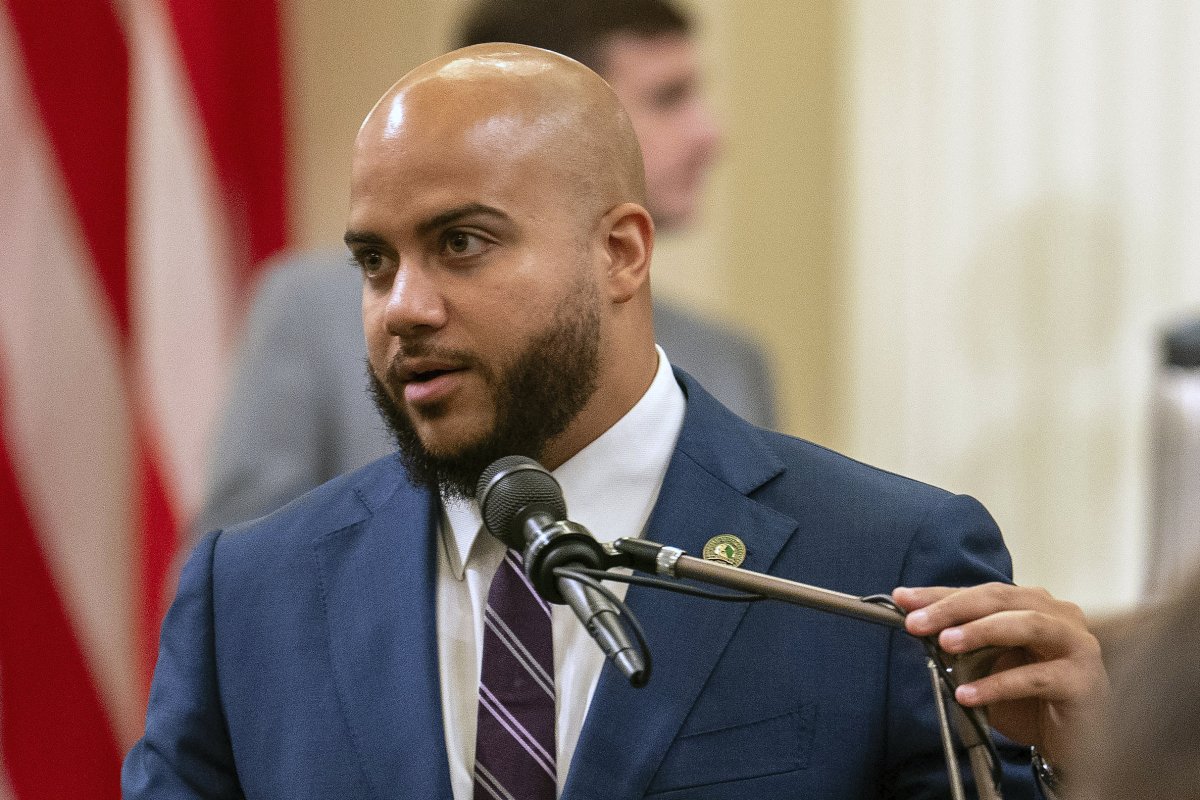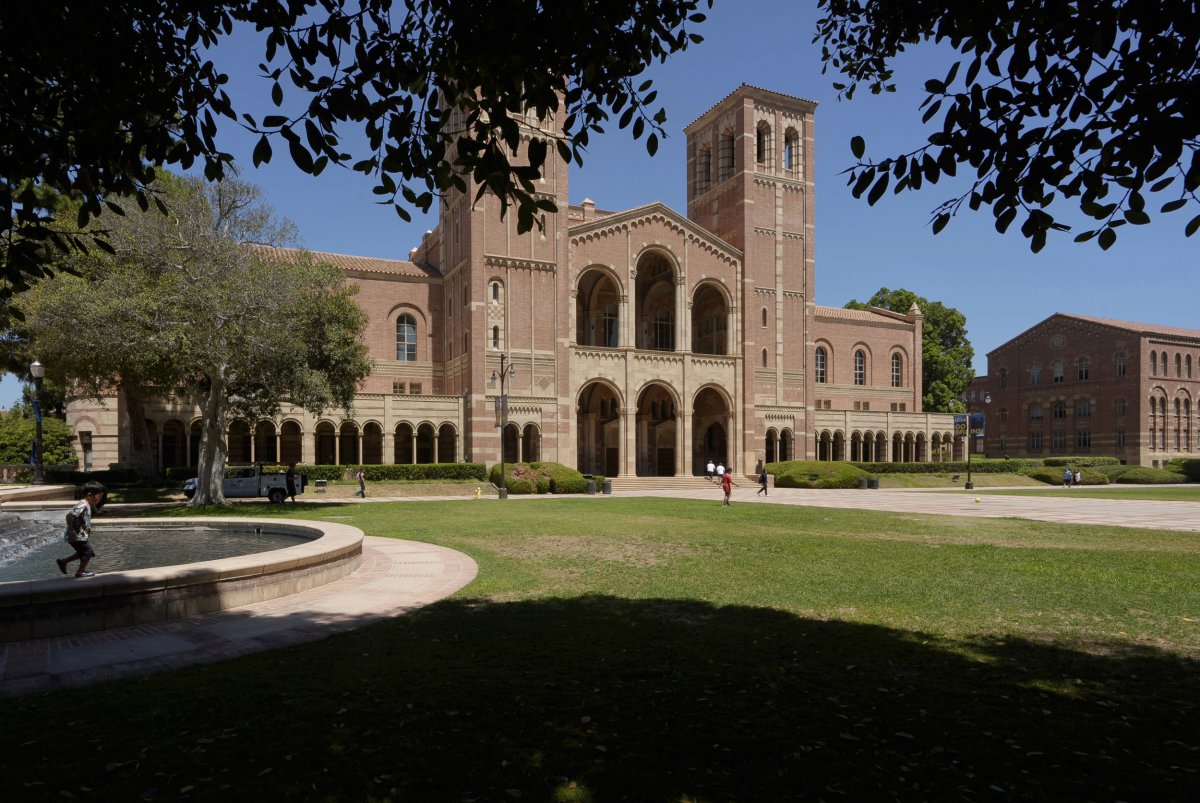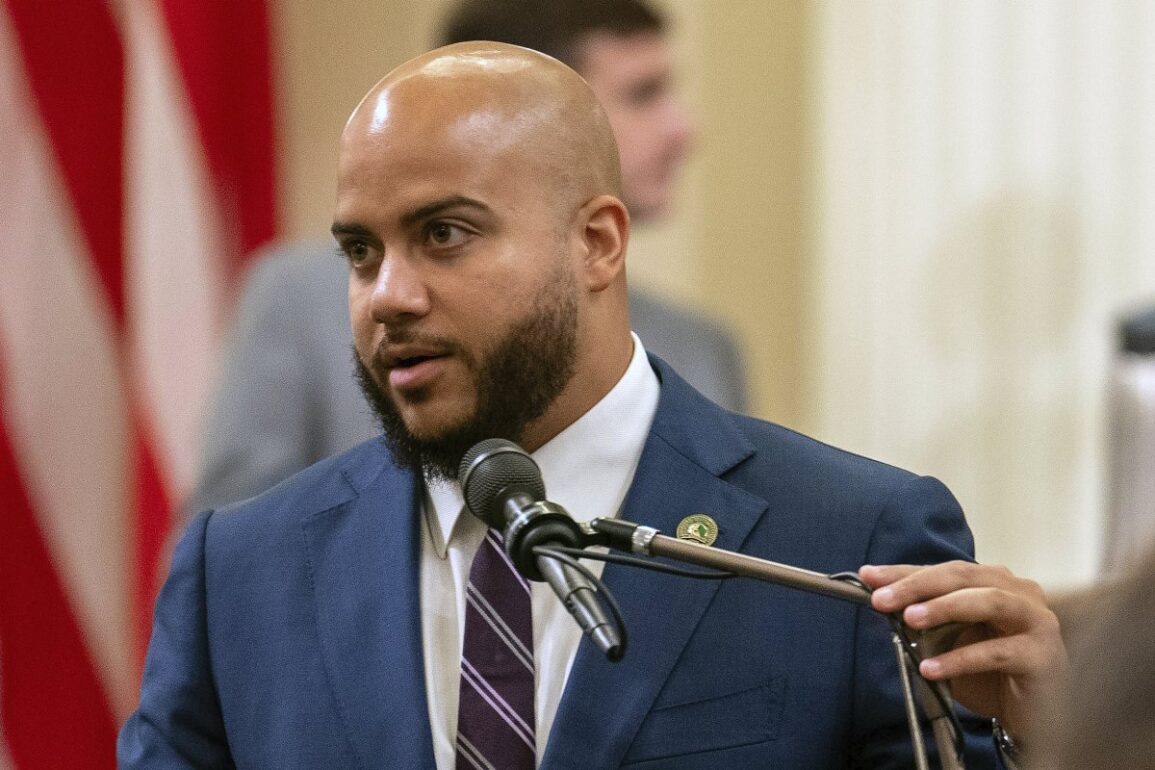A new bill introduced by California Assembly member Isaac Bryan aims to give descendants of slaves priority for admission to the University of California and California State University.
The proposed legislation, which Bryan, a Democrat representing Los Angeles, will present to the state legislature, seeks to address historical inequalities and promote restorative justice for African Americans in California.
The bill comes while lawmakers prepare for a new session amid growing concerns over potential challenges to diversity initiatives under the incoming Trump administration.
Support for Reparations and Rectifying Past Wrongs
Bryan expressed hope that the bill would pass, aligning with recommendations from California’s Black reparations task force. “We have a moral responsibility to do all we can to right those wrongs,” Bryan said.
He emphasized the need to address systemic injustices, noting that California had long provided preferential treatment in admissions to alumni children, often benefiting white and wealthy students while excluding those impacted by slavery and racial discrimination.

Assembly member Isaac Bryan, speaks on a bill at the Capitol in Sacramento, Calif., Sept. 12, 2023. On Monday, Bryan said he will introduce a bill that would give admission priority to the descendants of slaves at the University of California and California State University, the state’s two large public university systems.
Rich Pedroncelli/AP Photo
California’s Attempts To Address Racial Inequality
The proposal follows a broader push for reparations in California, with Gov. Gavin Newsom signing a formal apology for the state’s history of racial discrimination.
However, efforts to establish a reparations agency and create policies to assist Black families in reclaiming unjustly seized property have faced obstacles.
Bryan believes that repairing the harm caused by slavery and its lingering effects requires more than just cash payments, but also a comprehensive effort to heal societal inequalities.
Opposition to DEI Programs and Political Backdrop
The bill comes amid a conservative movement against Diversity, Equity, and Inclusion (DEI) programs, which has gained traction in several states, including California.
Critics argue that DEI programs are discriminatory, and Republican leaders have pushed for restrictions on such initiatives.




Children play outside Royce Hall at the University of California, Los Angeles, campus in Los Angeles, Aug. 15, 2024. On Monday, assembly member Isaac Bryan, a Democrat who represents parts of Los Angeles, said he would introduce the bill while lawmakers meet in the Capitol to swear in new members for a new legislative session.
Damian Dovarganes/AP Photo
Bryan argues his proposal, however, is designed to combat historical exclusion rather than perpetuate new inequalities.
“When folks think about reparations, they think about just cash payments. But repairing the harm and the inequality that came from slavery and the policies thereafter is a much bigger process,” Bryan said.
Bryan’s measure will undergo a lengthy legislative process, and if passed, it could mark a significant step toward addressing racial disparities in higher education.
Despite recent political battles over reparations, including the rejection of a measure to amend the state constitution and ban forced prison labor, Bryan remains optimistic that change is possible.
“There’s a growing understanding of California’s role in perpetuating the inequalities that arose from slavery, and there’s a willingness to try to rectify that harm, to heal that harm,” he said.
This article includes reporting from The Associated Press


